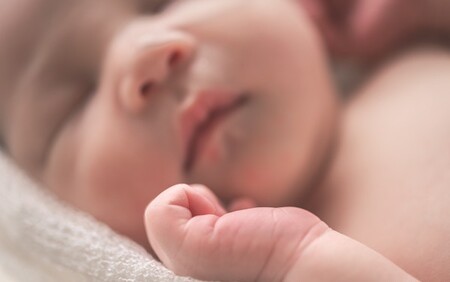Female infertility
Dysfunction of the female reproductive organs is also apparent in around 40% of infertile couples. The most common identifiable causes of female fertility problems are outlined below:
Common causes of female infertility
Increased female age
The chances of achieving a pregnancy fall sharply after the age of 35. By 40, even though a woman may still be menstruating normally, the quality of her remaining eggs is reduced and the chances of conception are low. This is a limiting factor not only for normal conception but also in IVF. A variety of tests may be employed to give a better prediction of ovarian reserve than age alone.
Ovulatory dysfunction (or anovulation)
Where an egg is not released from the ovary every month, is the single most common cause of female infertility. Predominantly anovulation is caused by hormonal imbalances such as Polycystic Ovarian Syndrome (PCOS) but ovarian scarring and premature menopause can also result in failure to ovulate.
Tubal disease
Comprising anything from mild adhesions to complete blockage of the fallopian tubes, prevents fertilised eggs from travelling from the site of fertilisation to the uterus. It may also prevent the sperm from reaching the egg. Normal uterine implantation can therefore not occur. The main causes of tubal infertility are pelvic infections caused by bacteria such as chlamydia, previous abdominal disease or surgery and ectopic pregnancy.
Endometriosis
Characterised by excessive growth of the lining of the uterus. These endometrial cells can extend as far as the outside of the fallopian tubes, the ovaries and the bladder. As they respond to hormones the same way as they would do in the uterus, that is by growing and shedding cyclically, endometriosis can cause both fallopian tube and ovarian scarring.
Diagnosis of female infertility
A combination of blood tests and ultrasound scans can help identify female fertility issues such as your ovarian reserve, conditions such as PCOS, and ensure you are ovulating. More about female fertility tests >
Treatment for female infertility
There are a range of treatments available to overcome fertility fertility issues including ovulation induction, IVF & ICSI. More about fertility treatments >
When to seek help?
If you know or suspect that you have a condition affecting the female reproductive system, or if you have been trying to conceive for more than 12 months (or 6 months if you are over the age of 35), then consider booking an appointment with a fertility consultant.
